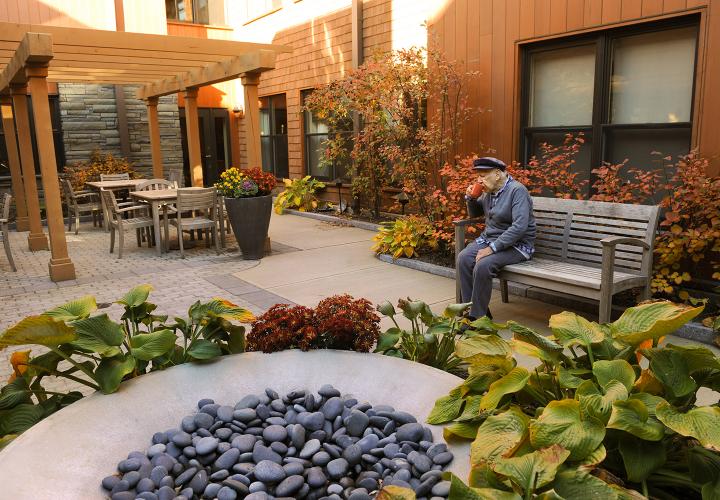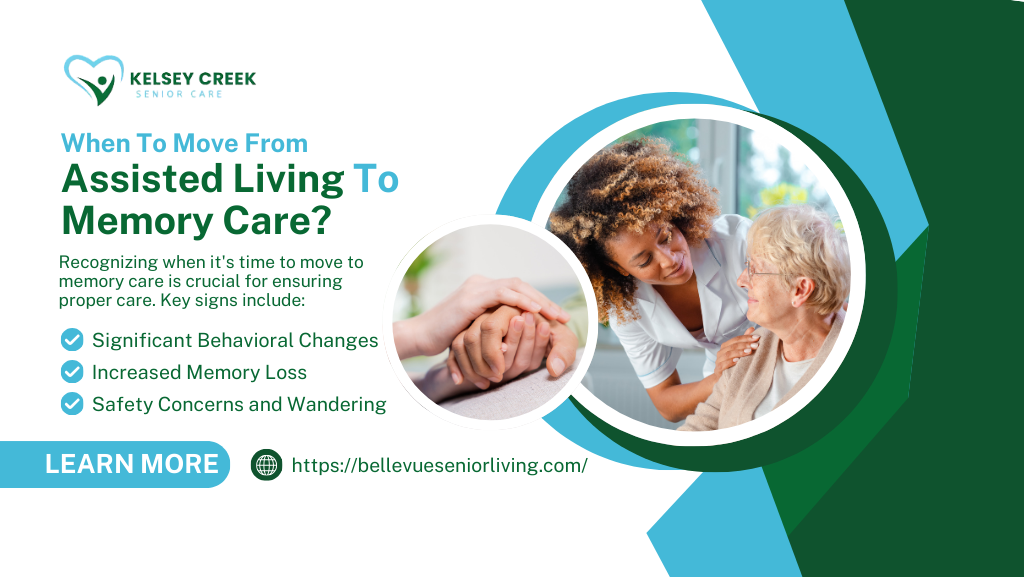Family-Oriented Facilities Offering Personalized Alzheimers Care Charlotte
Family-Oriented Facilities Offering Personalized Alzheimers Care Charlotte
Blog Article
Specialist Tips for Giving Quality Alzheimer's Care at Home
Taking care of a private with Alzheimer's illness in your home presents special difficulties that need both understanding and calculated planning. Developing an organized day-to-day regimen, improving interaction skills, and producing a risk-free atmosphere are vital parts of efficient caregiving. Additionally, caretakers must not neglect the significance of seeking exterior assistance and resources to maintain their very own wellness. As we explore these specialist ideas even more, it becomes clear that a thoughtful strategy can substantially influence the lifestyle for both the caretaker and the private receiving treatment. What particular techniques can be carried out to guarantee an encouraging environment?
Understand Alzheimer's Disease
Alzheimer's condition, a progressive neurodegenerative condition, greatly influences cognitive function and everyday living tasks. As the condition progresses, individuals may experience disorientation to time and area, damaged judgment, and adjustments in state of mind and individuality. Alzheimers Care Charlotte.
The etiology of Alzheimer's is complex, entailing the accumulation of amyloid plaques and tau tangles in the mind, which disrupt neuronal communication and lead to cell death. Threat factors include age, genes, and way of living selections, with most of situations occurring in people over 65. Awareness of these facets is critical for caretakers, as comprehending the problem can promote far better assistance and treatment methods.
Moreover, Alzheimer's condition not just impacts the specific however additionally has considerable psychological and logistical effects for family members. Recognizing the phases of the condition permits caretakers to expect challenges and adapt their strategy, ensuring that the demands of those impacted are met empathy and understanding. This fundamental understanding is crucial for advertising quality treatment in the house.
Develop a Regular
Developing an organized day-to-day regimen can substantially improve the lifestyle for people dealing with Alzheimer's disease. Developing consistent patterns aids to decrease complication and stress and anxiety, providing a complacency and familiarity. An everyday schedule must include routine times for dishes, activities, and remainder, which can assist people anticipate what to anticipate throughout the day.
Integrating simple, familiar jobs right into the routine can promote a sense of success and independence. Activities like horticulture, food preparation, and even straightforward household jobs can be valuable. It is vital to customize these tasks to the individual's passions and capacities, making certain engagement without stress.
Moreover, versatility within the regimen is essential. While consistency is necessary, permitting adjustments based upon the individual's mood or power degrees can aid keep a positive environment. Urge participation in social communications, whether with household gos to or area tasks, as these can offer excitement and link.
Enhance Interaction Skills
Effective interaction is essential for preserving significant connections with individuals coping with Alzheimer's illness. As cognitive capacities decrease, typical conversation might become tough. For that reason, caregivers should adapt their interaction techniques to cultivate understanding and link.

Active listening is crucial. Show genuine interest by maintaining eye call and nodding to acknowledge their sensations or ideas. Avoid correcting or suggesting, as this may result in aggravation. Rather, validate their feelings and redirect the conversation delicately if required.
Using aesthetic aids, such as pictures or written reminders, can also improve comprehension. Encourage participation in activities that Visit Your URL promote discussion, such as recollecting about past events or looking with picture albums.
Create a Safe Environment
A supportive setting plays a substantial duty in the health of individuals with Alzheimer's disease. Creating a secure home setup is important to minimize threats and improve the lifestyle for both the individual and their caretakers. Begin by analyzing the home for prospective hazards. Get rid of stumbling risks such as loosened carpets, electrical cables, and clutter. Ensure that paths are clear and well-lit to avoid drops.
Install safety and security locks on doors and windows to avoid straying, which is a typical problem in Alzheimer's individuals. Additionally, take into consideration using non-slip floor coverings in bathrooms and mount grab bars for added support. Classifying more info here rooms and crucial things can help people navigate their environments a lot more easily.
Emergency get in touches with must be clearly uploaded near phones, and a clinical sharp system can provide peace of mind. Consider making use of childproofing steps for sharp things and dangerous compounds. On a regular basis check smoke detectors and carbon monoxide gas alarm systems to ensure they are functioning. Generally, customizing the home atmosphere to the distinct demands of the specific with Alzheimer's not only promotes security yet also motivates self-reliance and convenience.
Seek Assistance and Resources
Accessing assistance and sources is essential for caretakers and people facing the challenges of Alzheimer's disease. Caregiving can be frustrating, both physically and mentally, and it is essential for caregivers to look for assistance to maintain their health and give top quality treatment.

Furthermore, exploring break care choices can afford caretakers much-needed breaks, enabling them to lower and recharge fatigue. This may consist of adult day programs or in-home treatment services. Economic aid programs might likewise be available to aid counter reference the costs of care.

Verdict
In summary, supplying high quality Alzheimer's treatment at home demands a multifaceted method. Understanding the intricacies of the disease, establishing a structured regimen, boosting interaction skills, creating a risk-free atmosphere, and seeking support from offered sources jointly add to improved caregiving experiences. Implementing these techniques not only promotes a feeling of self-reliance and success for people with Alzheimer's yet also eases caretaker stress and anxiety, eventually improving the high quality of life for both caretakers and those they sustain.
Caring for a private with Alzheimer's condition at home presents one-of-a-kind obstacles that call for both understanding and strategic preparation.Furthermore, Alzheimer's disease not only influences the specific yet additionally has substantial psychological and logistical effects for family members.Producing a structured everyday routine can significantly boost the top quality of life for people living with Alzheimer's illness.Efficient communication is important for maintaining meaningful links with people living with Alzheimer's illness. Alzheimers Care Charlotte. Executing these methods not just fosters a sense of freedom and success for individuals with Alzheimer's yet also alleviates caregiver stress, eventually boosting the high quality of life for both caregivers and those they sustain
Report this page